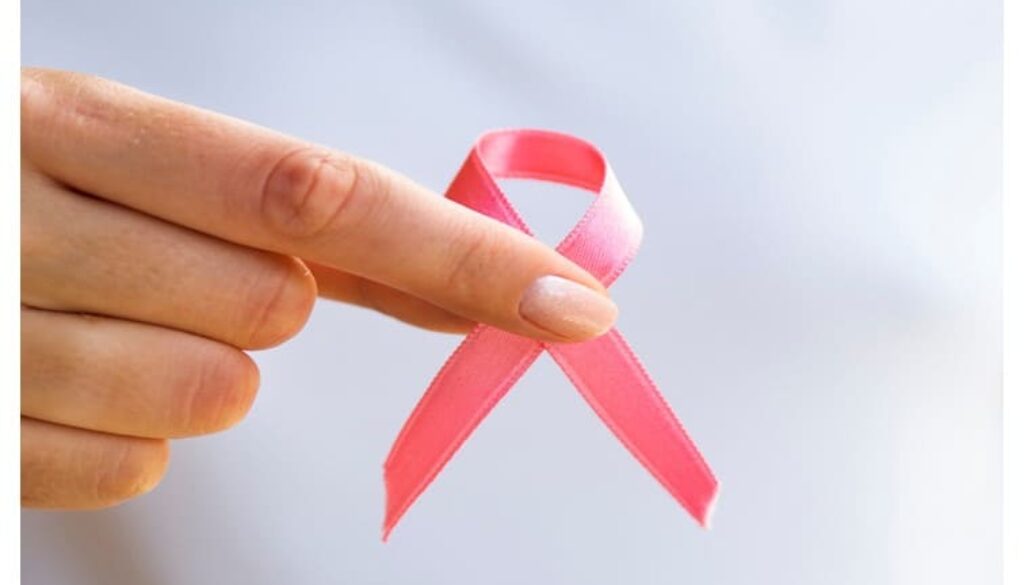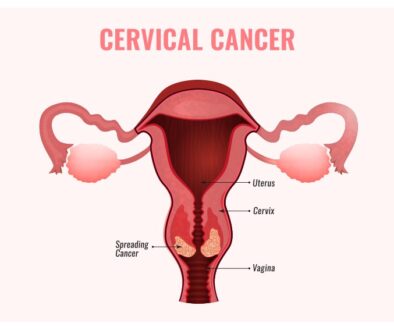Is It Possible to Prevent Cancer in Future?
How to Prevent Cancer in Future | Dr. Geetha Explains
What are some ways individuals can reduce their risk of developing cancer? Despite the abundance of recommendations, sometimes advice from one study contradicts advice from another. Nonetheless, it is widely acknowledged that lifestyle choices can impact the likelihood of developing cancer, although cancer prevention knowledge is still evolving. Let us have a look at some of the ways by which you can prevent cancer.
Quit Using Tobacco
Tobacco use has been associated with numerous forms of cancer, such as lung, mouth, throat, voice box, pancreas, bladder, cervix, and kidney. Even exposure to secondhand smoke can heighten the risk of lung cancer.
Moreover, chewing tobacco has also been linked to cancer of the mouth, throat, and pancreas. To reduce the likelihood of developing cancer, it’s crucial to refrain from using tobacco or quit using it entirely. Individuals who want to quit smoking can seek assistance from healthcare professionals, who can recommend stop-smoking products and other cessation methods.
Quit Drinking
Consuming alcohol raises the likelihood of different forms of cancer such as breast cancer, colon cancer, lung cancer, kidney cancer, and liver cancer. The risk of developing cancer is amplified when consuming larger quantities of alcohol. Quitting alcohol altogether or consuming in moderation is the best way to prevent cancer in future.
Avoid Processed meat and meat products
According to a report from the World Health Organization’s International Agency for Research on Cancer, consuming processed meat on a regular basis can marginally elevate the chances of developing particular forms of cancer.
Eat whole grains & Leafy green vegetables
Construct your diet primarily around fruits, vegetables, and other plant-based foods like whole grains and beans. Make your meals lighter and more nutritious by opting for fewer high-calorie foods. Constrain your intake of refined sugars and animal-derived fats.
The Mediterranean diet is good
Consuming a Mediterranean diet that incorporates mixed nuts and extra-virgin olive oil may lower the possibility of developing breast cancer. The Mediterranean diet prioritizes plant-based foods like fruits, vegetables, whole grains, legumes, and nuts. Those who adhere to this diet prefer healthier fats, such as olive oil, to butter and replace red meat with fish.
How to prevent cancer in future – Get Vaccinated
Having protection against certain viral infections may assist in safeguarding against cancer. It is recommended to consult with an expert oncologist regarding getting vaccination against these infections.
Hepatitis B Virus
Having multiple sexual partners, having a sexual partner who is promiscuous, homosexual, and having sexually transmitted infections can all elevate the likelihood of contracting hepatitis B, which in turn can raise the risk of developing liver cancer.
People at Risk
Individuals who are at elevated risk include those who engage in the injection of illicit drugs, men who have sex with other men, and healthcare or public safety personnel who may come into direct contact with infected bodily fluids or blood.
Human papillomavirus (HPV)
HPV is a virus that can be transmitted through sexual activity. It can cause various types of cancer, such as cervical cancer, genital cancer, and squamous cell cancer in the head and neck region. To prevent HPV infections, vaccination is recommended for both girls and boys at the ages of 11 and 12. The Gardasil 9 vaccine has been approved by the U.S. Food and Drug Administration for use in males and females between the ages of 9 and 45.
Bottom Line
Regularly examining oneself and undergoing screenings for various types of cancers such as skin, colon, cervix, and breast cancer can increase the likelihood of detecting cancer early. Early detection leads to an increased probability of successful treatment. Consult Dr. Geetha Nagasree – a renowned oncologist in Hyderabad to determine the best cancer screening schedule for your specific needs.




